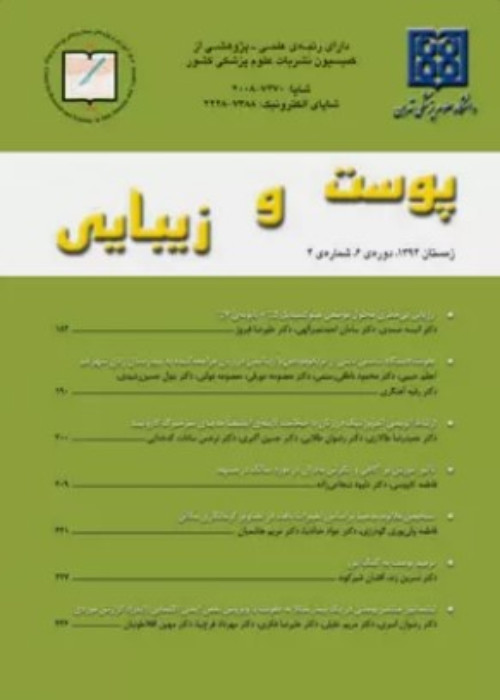Evidence-based dermatology: Clarifying a common misunderstanding
Author(s):
Abstract:
I commonly meet colleagues, resident dermatologists, and medical students who have a misunderstanding about an important point of evidence-based medicine (EBM). Their problem is rooted in their misinterpretation of the "highest level of evidence" and "current best evidence". They usually do not differentiate the crucial difference between the two. Indeed, if they cannot find the "highest level of evidence" for a certain disease, they interpret it as "not having the current best evidence".
It is important to remember that when the "highest level of evidence" cannot be found, the next level of evidence will be considered as the "best current evidence". For example, if there is no systematic review of homogenous, high quality randomized controlled trials for the treatment of a certain disease, the next level, i.e. high quality randomized controlled trial(s), will be "the current best level of evidence". So, there is a need for looking for lower levels of evidence when we could not find the higher ones. Rare diseases are common in dermatology, in many cases the "current best evidence" may be limited to a case report or a colleague's experience.
It is important to remember that when the "highest level of evidence" cannot be found, the next level of evidence will be considered as the "best current evidence". For example, if there is no systematic review of homogenous, high quality randomized controlled trials for the treatment of a certain disease, the next level, i.e. high quality randomized controlled trial(s), will be "the current best level of evidence". So, there is a need for looking for lower levels of evidence when we could not find the higher ones. Rare diseases are common in dermatology, in many cases the "current best evidence" may be limited to a case report or a colleague's experience.
Keywords:
Language:
Persian
Published:
Journal of Dermatology and Cosmetics, Volume:7 Issue: 4, 2017
Pages:
230 to 232
magiran.com/p1668780
دانلود و مطالعه متن این مقاله با یکی از روشهای زیر امکان پذیر است:
اشتراک شخصی
با عضویت و پرداخت آنلاین حق اشتراک یکساله به مبلغ 1,390,000ريال میتوانید 70 عنوان مطلب دانلود کنید!
اشتراک سازمانی
به کتابخانه دانشگاه یا محل کار خود پیشنهاد کنید تا اشتراک سازمانی این پایگاه را برای دسترسی نامحدود همه کاربران به متن مطالب تهیه نمایند!
توجه!
- حق عضویت دریافتی صرف حمایت از نشریات عضو و نگهداری، تکمیل و توسعه مگیران میشود.
- پرداخت حق اشتراک و دانلود مقالات اجازه بازنشر آن در سایر رسانههای چاپی و دیجیتال را به کاربر نمیدهد.
In order to view content subscription is required
Personal subscription
Subscribe magiran.com for 70 € euros via PayPal and download 70 articles during a year.
Organization subscription
Please contact us to subscribe your university or library for unlimited access!


